QuestionHi Norm: My problem is my cat is a finicky eater. She was given kitten dry and wet finally settling on Fancy Feast for the wet. She ate this for quite some time then it seemed to begin not setting well with her and she began to refuse it. I tried some other canned foods and found the she liked the fish and shrimp wet food in the packets by Whiskas. She ate this for a while but now refuses it. I keep dry available all the time. She is now refusing all wet food so I switched her to regular Tuna and Salmon people food that is packaged in packets. She is now refusing this. Although I use the low sodium, when available, packed in water. I am concerned the high levels of sodium may cause kidney damage. It seems I remember reading something about that years ago. Now she has developed symptoms including decreased appetite, hiding out most of the day, occasional vomiting, 1 instance of mucus in the stool, and she wants to be left alone rather than seeking out love and attention which is more her personality. She was at the vet a last month and was given a clean bill of health. These symptoms have developed since then. I appreciate any insight you may have in this matter.
AnswerPam,
Cats being finickt is a slippery slope. When we humans pander to their fdood desires, they tend to exhibit finicky eating behaviors. Healthy cats will not starve themselves to death. Our cats learn to eat what we give them, and there have been some interesting "battles" of will over this. The diet you are feeding is not going to sustain your cat in the long haul. Also, Fancy Feast, we have found, is often too rich for most of our cats and more than half a can a day can cause vomiting.
I did find some information on Salt in feline diets from
http://www.peteducation.com/article.cfm?c=1+1400&aid=685
"Daily sodium and chloride requirements
"In general, the chloride requirement is 1.5 times the sodium requirement. This is because most of the sodium and chloride come from salt, and by weight, salt provides 1.5 times more chloride than sodium. Kitten and cat foods should contain at least 0.2% sodium and 0.3% chloride (on a dry matter basis). Most pet foods contain levels much higher than these minimum daily requirements.
"Sodium and chloride deficiency
"A dietary deficiency of sodium and chloride would be extremely rare because most pets today are fed commercial pet foods. A sodium or chloride deficiency is more likely to occur because of an excess loss of these two minerals from the body. This can result from prolonged (or chronic) severe diarrhea and/or vomiting. This can be a very serious condition and animals with prolonged vomiting or diarrhea should be seen by a veterinarian.
"Sodium and chloride toxicity
"Sodium and chloride toxicity generally does not occur in normal animals with access to good quality drinking water. Any excess intake of sodium or chloride is filtered through the kidneys and excreted into the urine. If good drinking water is not provided, however, the concentrations of sodium and chloride can become too high. Signs of sodium chloride toxicity include seizures, blindness, dehydration, loss of appetite, and death within 24 hours."
If yopur cat likes tuna in oil, I would get some good quality wet food and aee if the tuna oil will make the food more palatable to yiour cat. If your cat refuses, then tyhis is all you should feed. The cat will not starve itself to death, but will try to make you think it will. If the cat has problems with this diet, trhgen there may be another underlying medical issue which is making your cat nauseous which is why it may not want to eat. Remember, I am not a vet, so I would consulkt your vet before you do this.
Please let me know how things go.
Best regards... Norm.

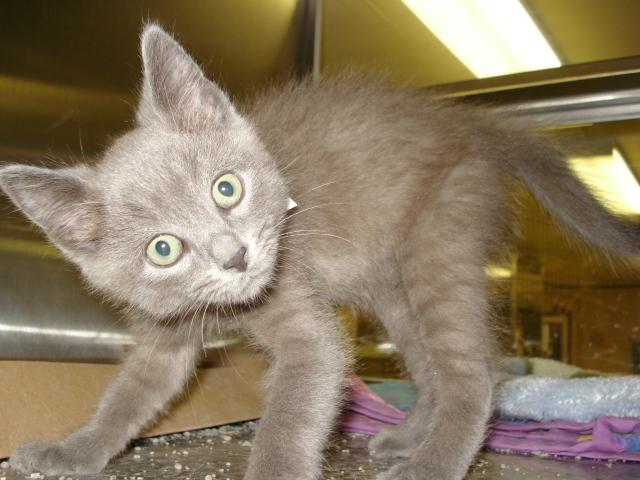 Rehabilitating aggressive rescue cat!
QuestionA friend of me and my husbands was told a week
Rehabilitating aggressive rescue cat!
QuestionA friend of me and my husbands was told a week
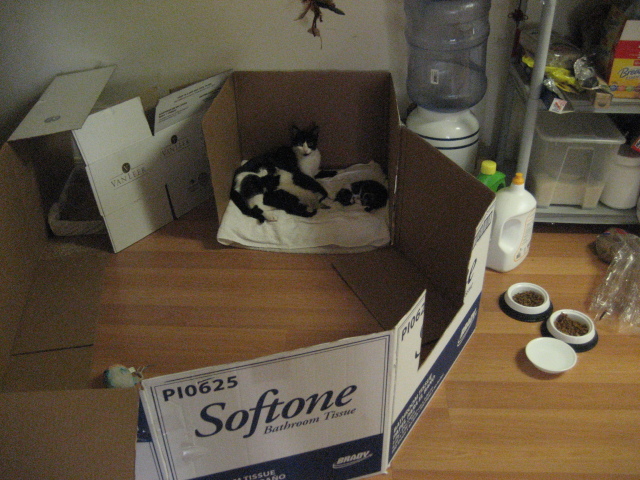 mother cat needs?
Questionplay area
QUESTION: hi Jessica, my mothe
mother cat needs?
Questionplay area
QUESTION: hi Jessica, my mothe
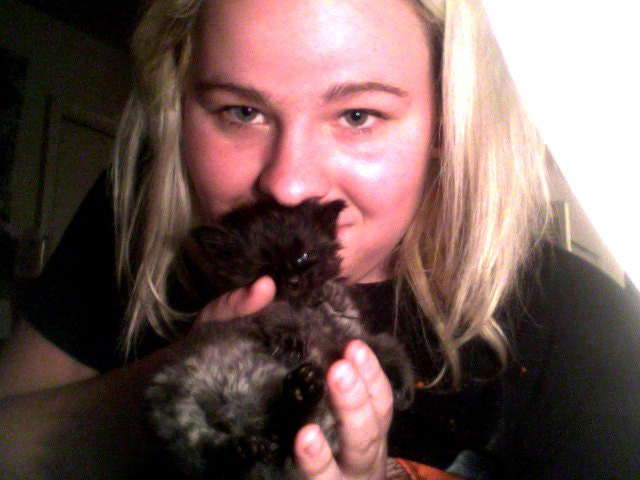 One month old Kitten
Question
The one month old, aka
I have tried bef
One month old Kitten
Question
The one month old, aka
I have tried bef
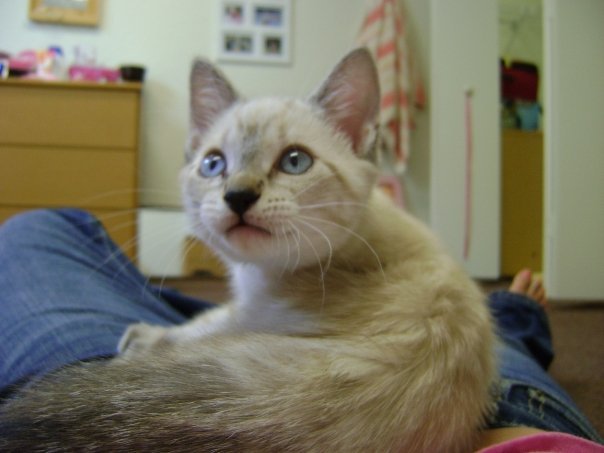 What kind of cat do i have?
Question
Chula
Ive been trying to figure out wha
What kind of cat do i have?
Question
Chula
Ive been trying to figure out wha
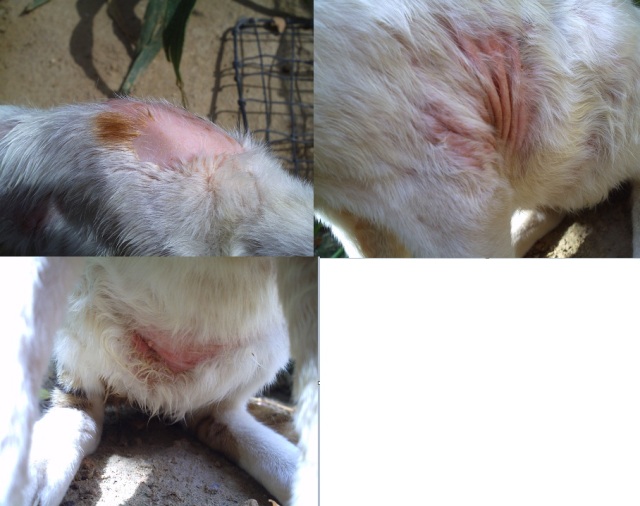 wounded cat hair loss
Question
wounded cat
my one year old cat was bitten by
wounded cat hair loss
Question
wounded cat
my one year old cat was bitten by